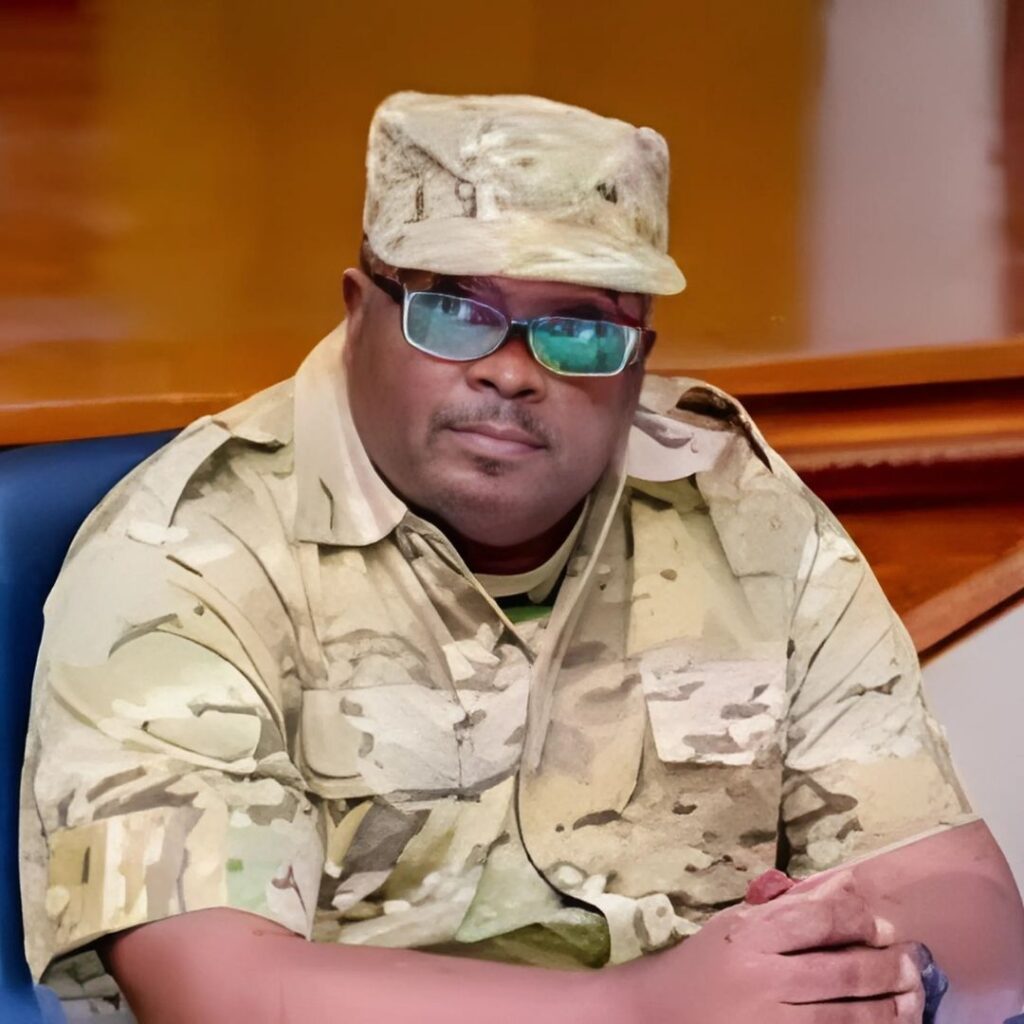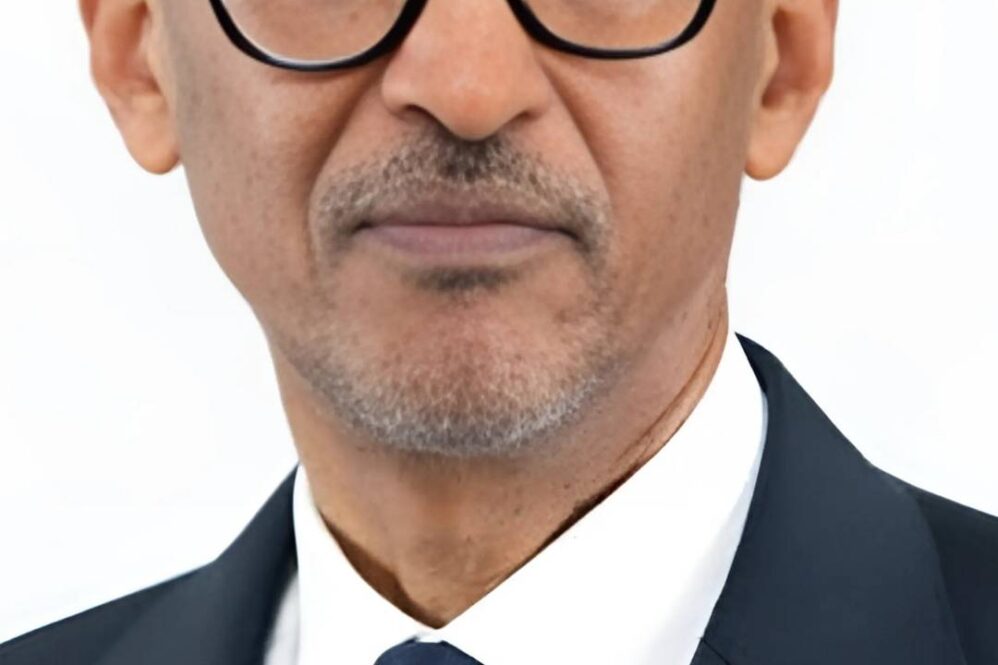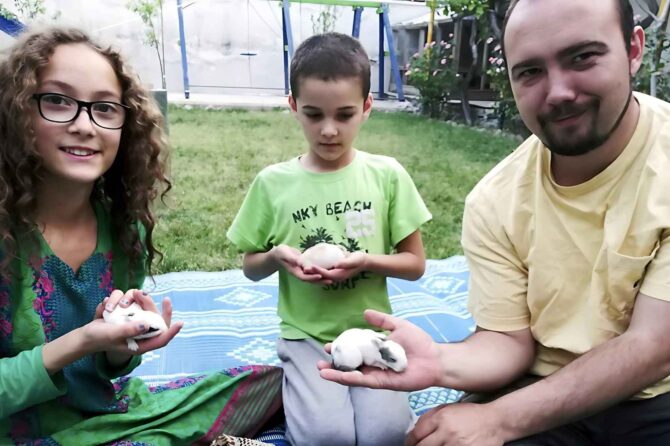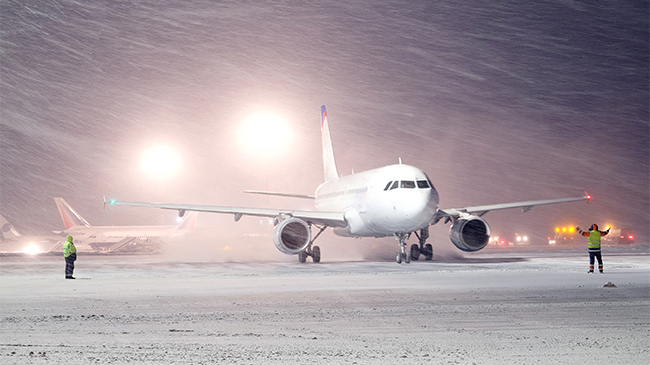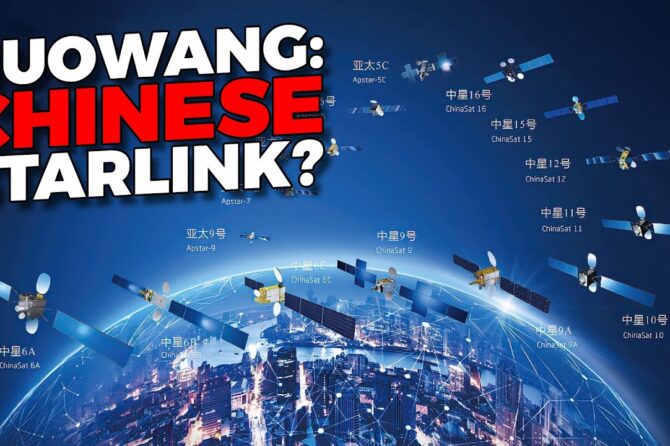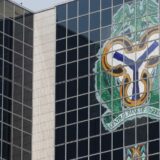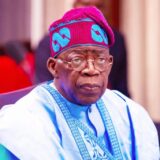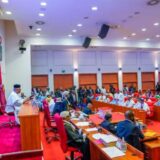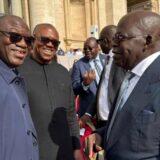Rwanda has taken a drastic step in its diplomatic relations with Belgium, severing ties and expelling all Belgian diplomats. However, the expelling of the diplomats from the country is owing to age-long interference. This move comes amid the ongoing conflict in the Democratic Republic of Congo (DR Congo), with Rwanda accusing Belgium of consistently undermining its efforts.
A History of Strained Relations
The relationship between Rwanda and Belgium has been strained for some time, with tensions escalating in recent months. Recently, Rwanda’s foreign ministry stated that Belgium had “clearly taken sides in a regional conflict” and had been “systematically mobilising against Rwanda in different forums.” This, according to Rwanda, was an attempt to destabilise both Rwanda and the region.
Belgium’s Response
Belgium was quick to respond to Rwanda’s move, slamming it as “disproportionate.” The European nation expelled all Rwandan diplomats from the country, with Foreign Minister Maxime Prevot expressing regret over Rwanda’s decision. Prevot stated that Belgium had been working towards a peaceful resolution to the conflict in DR Congo and that Rwanda’s move would only serve to exacerbate the situation.
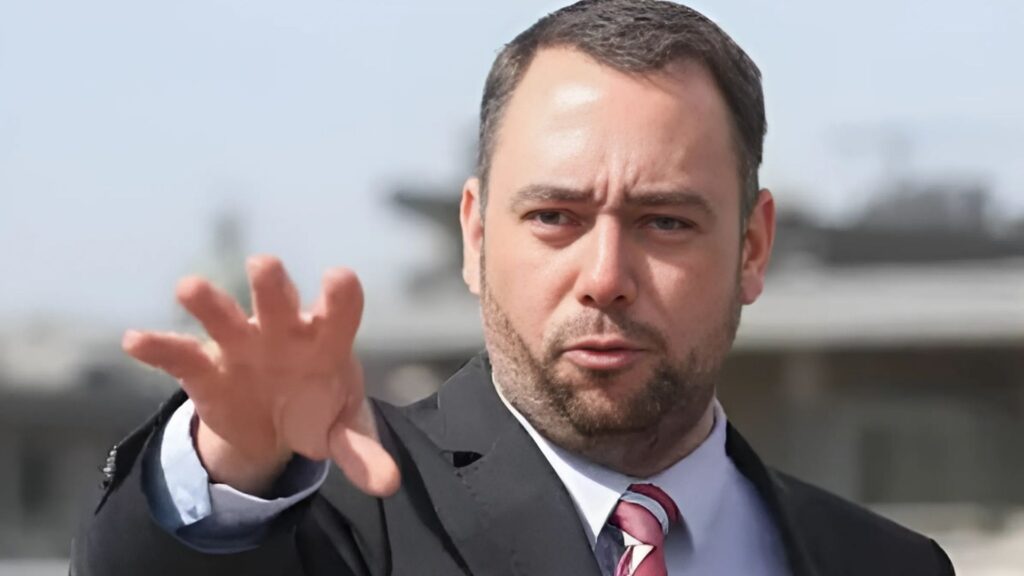
Sanctions and Accusations
The latest development in the conflict has seen the EU impose sanctions on several individuals and military personnel. Consequently, the sanction includes Rwandan special forces commander Ruki Karusisi and two army division commanders, Eugene Nkubito and Pascal Muhizi. Furthermore, the head of the Rwanda Mines, Petroleum, and Gas Board, Francis Kamanzi, was also targeted. Additionally, the EU sanctioned senior leaders of the M23 group, including its head, Bertrand Bisimwa.
A UN report released last year stated that Rwanda effectively controls the M23 and has around 4,000 troops in the country. Thus, leading to accusations that Rwanda is fuelling the conflict in DR Congo, a claim that Rwanda has consistently denied.
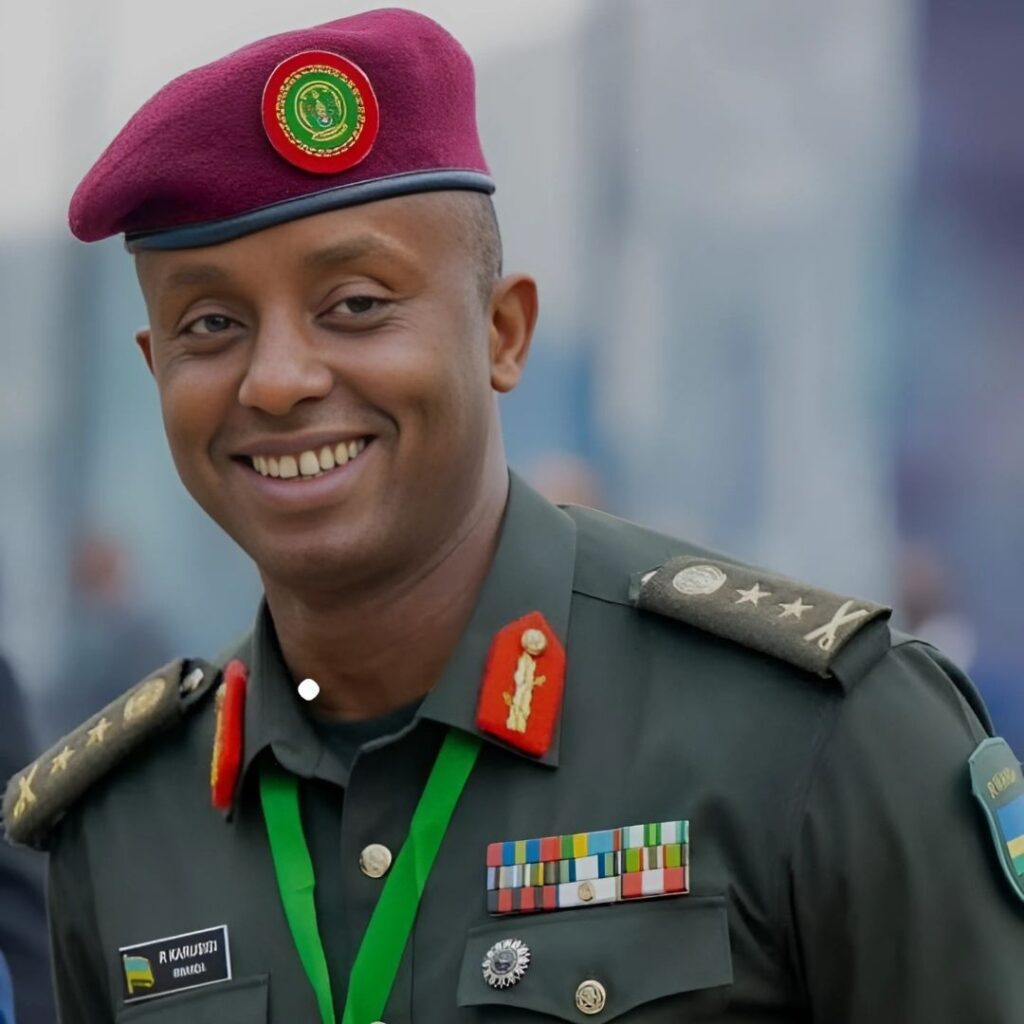
Regional Implications
The conflict in DR Congo has significant regional implications, with the potential to destabilise the entire Great Lakes region. Nevertheless, the M23 group has been accused of committing atrocities, including massacres and rapes, and has been linked to the Rwandan government.
On the other hand, Rwanda’s decision to sever diplomatic ties with Belgium is likely to further escalate the situation. Hence, making it increasingly difficult to find a peaceful resolution to the conflict. Conversely, as the situation continues to unfold, it remains to be seen what impact this will have on the region. And by the same token, the impact it will have on the international community’s efforts to bring peace to DR Congo.
The root causes of the problems between Rwanda and Belgium are complex and multifaceted. Besides, there are political undertones in the fiasco. Here are some of the key issues:
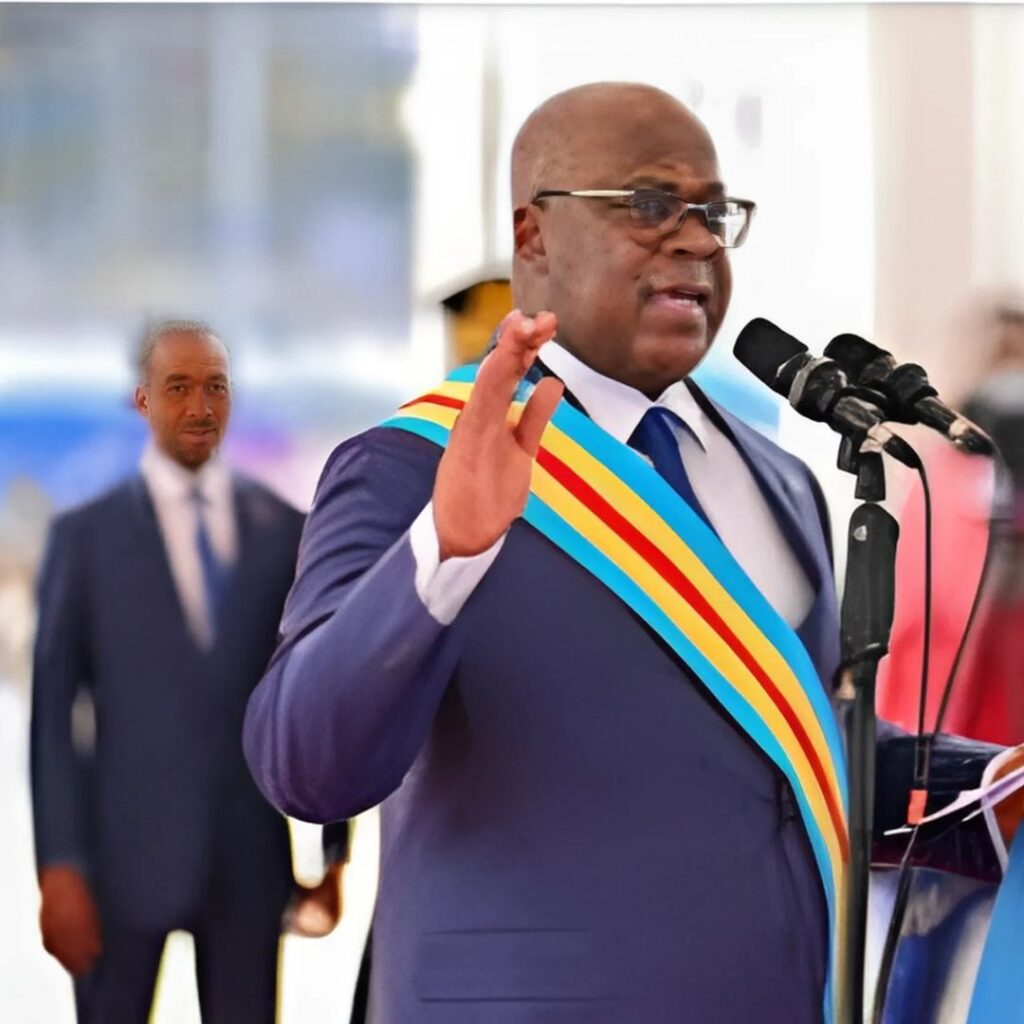
Historical Ties and Colonial Legacy
- Colonial past: Rwanda, located in the southern African region, was once a German colony from 1885 to 1916. However, it became a Belgian trust territory from 1916 to 1962. Consequently, this colonial legacy has left a lasting impact on Rwanda’s politics, economy, and culture.
- Belgian influence: Belgium’s colonial rule in Rwanda was marked by the favouring of the Tutsi minority over the Hutu majority. Furthermore, that legalised bais contributed to the ethnic tensions that ultimately led to the 1994 genocide.
Contemporary Issues
- DR Congo conflict: Rwanda’s involvement in the conflict in the Democratic Republic of Congo (DRC) has unsettled the Western world. Consequently, it has been a major point of contention with Belgium and its Western allies. Subsequently, Rwanda has been accused of supporting rebel groups in the DRC, which Belgium and other Western countries have condemned.
- Genocide and accountability: Belgium has been critical of Rwanda’s handling of the 1994 genocide as a sham. Equally important, they scored Kagame and his government low on accountability and justice. Similarly, Rwanda has accused Belgium of interfering in its internal affairs and trying to dictate to a sovereign state. In summary, Rwanda reiterates that nobody should instruct them on how it should deal with the legacy of the genocide.
- Economic interests: Rwanda and Belgium have competing economic interests in the region, particularly with regards to natural resources. What’s more, they both have an interest in minerals and timber, which are in abundance in the region.
- Diplomatic tensions: The two countries have had strained diplomatic relations over time, with both countries accusing each other of interference. Furthermore, Rwanda is accusing Belgium of trying to undermine its sovereignty, and leadership. In contrast, Belgium is accusing Rwanda of human rights abuses and authoritarianism.
Specific Incidents
- Expulsion of Rwandan diplomats: In 2022, Belgium expelled several Rwandan diplomats from the country, citing concerns about their activities.
- Sanctions and criticism: Belgium has imposed sanctions on Rwandan officials and criticised Rwanda’s human rights record. However, it has led to tensions between the two countries, leading to more frictions.
- Disagreements over international justice: Rwanda and Belgium have disagreed over issues related to international justice, including the prosecution of genocide suspects. Nevertheless, the role of the International Criminal Tribunal for Rwanda will remain a contentious issue for a long time to come.
The Way Forward
Finding a peaceful resolution to the conflict in DR Congo will require a concerted effort from all parties involved. Unquestionably, this will involve the international community, regional leaders, and the governments of Rwanda and DR Congo. Furthermore, a lasting solution will need to address the underlying issues driving the conflict, including the presence of armed groups and the exploitation of natural resources.
As the situation continues to evolve, it is essential that all parties remain committed to finding a peaceful resolution. Nevertheless, this will require difficult conversations, compromise, and a willingness to work towards a common goal. Conversely, only through a collective effort can we hope to bring peace and stability to the people of DR Congo.
